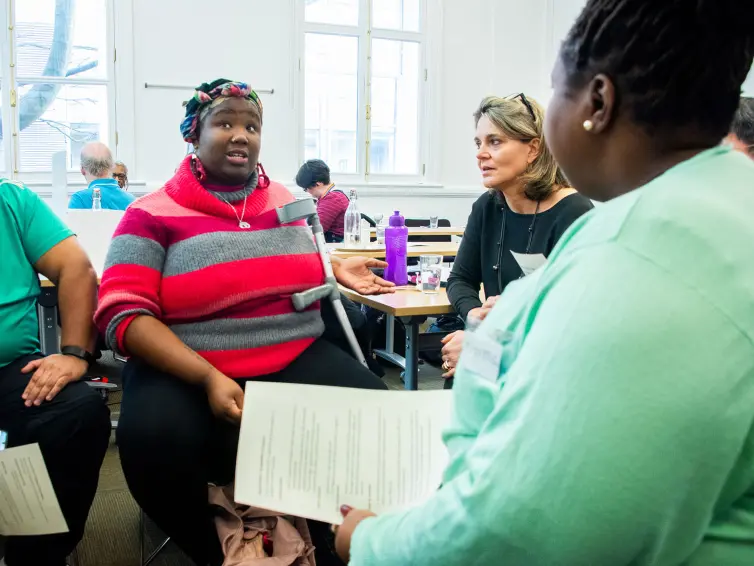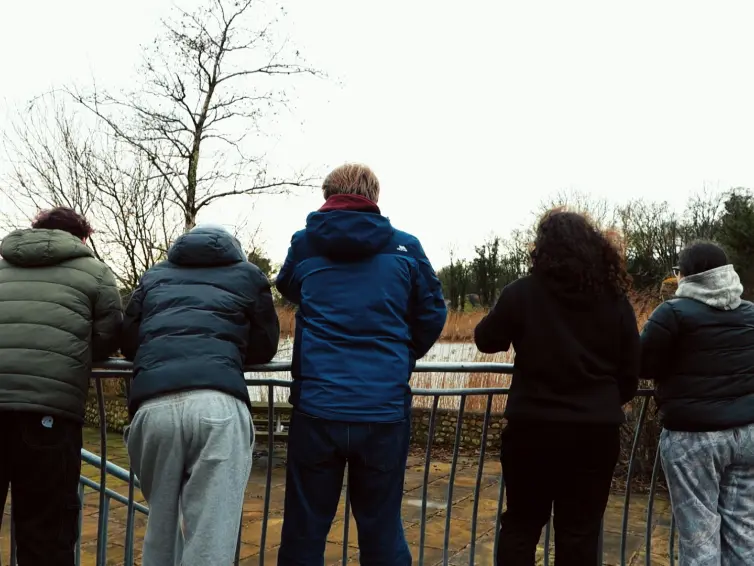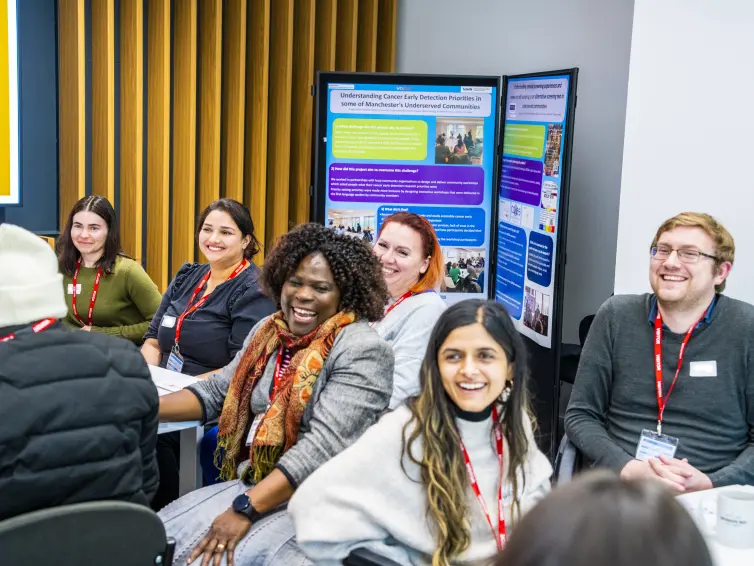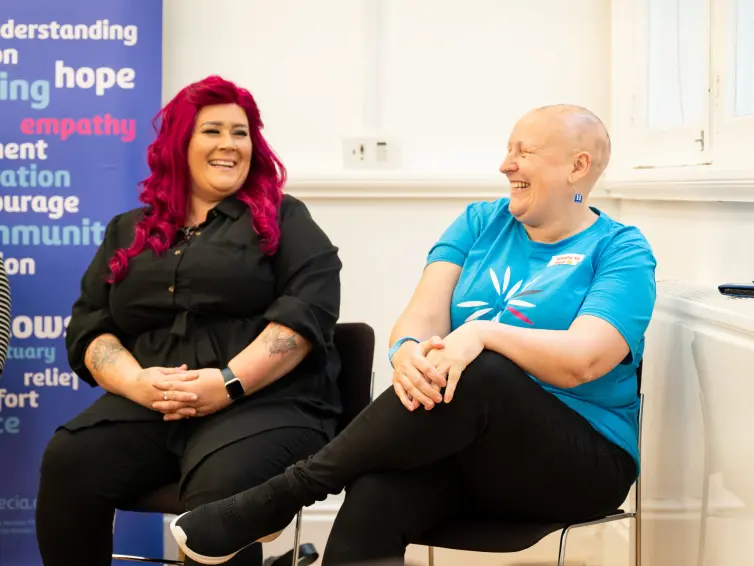Creating a new kind of research culture
The possibilities for collaboration in non-clinical research

When health research takes place in laboratories or doesn’t involve patients directly, the opportunities for people to have a say are often seen to be limited. The question of how to ensure meaningful patient and public involvement in these contexts is a familiar one to many people who work in the research sector and for patients and members of the public. A fairly common assumption is that it's not possible to involve people in making decisions about scientific research if they don't have the specialised knowledge about the topic.
Over the past year, we’ve been consulting with an External Advisory Group (EAG), made up of patients, members of the public, researchers and professionals from a range of different backgrounds, about public involvement in non-clinical, laboratory-based and big data research. The group want to see changes in how this research is done and have guided our review of public involvement for the Medical Research Council (MRC) .
I want to see everyone benefit from research and for everyone to have opportunities to be involved. Research organisations need to value diverse forms of knowledge and take action to achieve equity in research. We need to go on with a determination that this can happen and not give up.
Angela Ruddock, Public Contributor, EAG and Member of Primary Care Research in Manchester Engagement Resource
With the External Advisory Group and the MRC, our report concludes that public involvement in non-clinical research demands a shift in broader research culture. Whilst toolkits and guidance can be useful, if staff try to use them in an organisation which doesn’t properly support or resource public involvement, they’re unlikely to have much impact. Also, if researchers’ time and expertise in involving people is not valued as part of their career development, they won’t have the time or support that’s needed to do it well. Meaningful public involvement in non-clinical research can take many forms, but it depends on co-creating inclusive, discursive and open conditions for research to flourish, rather than a narrow focus on research design and delivery.
Our report incorporates insights from 178 stakeholders and survey findings from 332 contributors. Our methods included interviews, literature reviews, Tweetchats and workshops. We found great examples of public involvement at the MRC including a large-scale programme where young people are involved in making decisions about research, and a research lab that had experienced a culture shift after setting up a patient and public involvement group.
[It has] really energised our researchers...and motivated them. Got them to think about what they were doing in a different way, and made them feel more involved and more useful.
Professor Hal Drakesmith, MRC Human Immunology Unit (University of Oxford)
Our recommendations make the case for valuing diverse forms of knowledge by adopting an asset-based mindset in which people’s life experience is incorporated alongside academic evidence. With the External Advisory Group we developed 8 recommendations for involvement in non-clinical research, including, for the MRC, actions around leadership, strategy, training, supporting public contributors and public involvement practitioners, and funding.
As a sector we can often be overly focused on defining ‘involvement’ and ‘engagement’, rather than emphasising the need to create equitable relationships. Our review highlights the need to move towards more purposeful partnerships, to move away from our jargon and use everyday language which focuses on the value of working together in research rather than the type of activity.
We’d like to thank everyone who has been so committed to this work. The MRC has been truly open and collaborative in working with us and the External Advisory Group and we look forward to seeing how they build on the insights of the review.
See the Executive Summary, Main Report and Appendices
Rachel Knowles, Programme Manager for Clinical Research at the MRC, shares her experience in Taking public involvement into the research lab
Find out more about the EAG members here.


